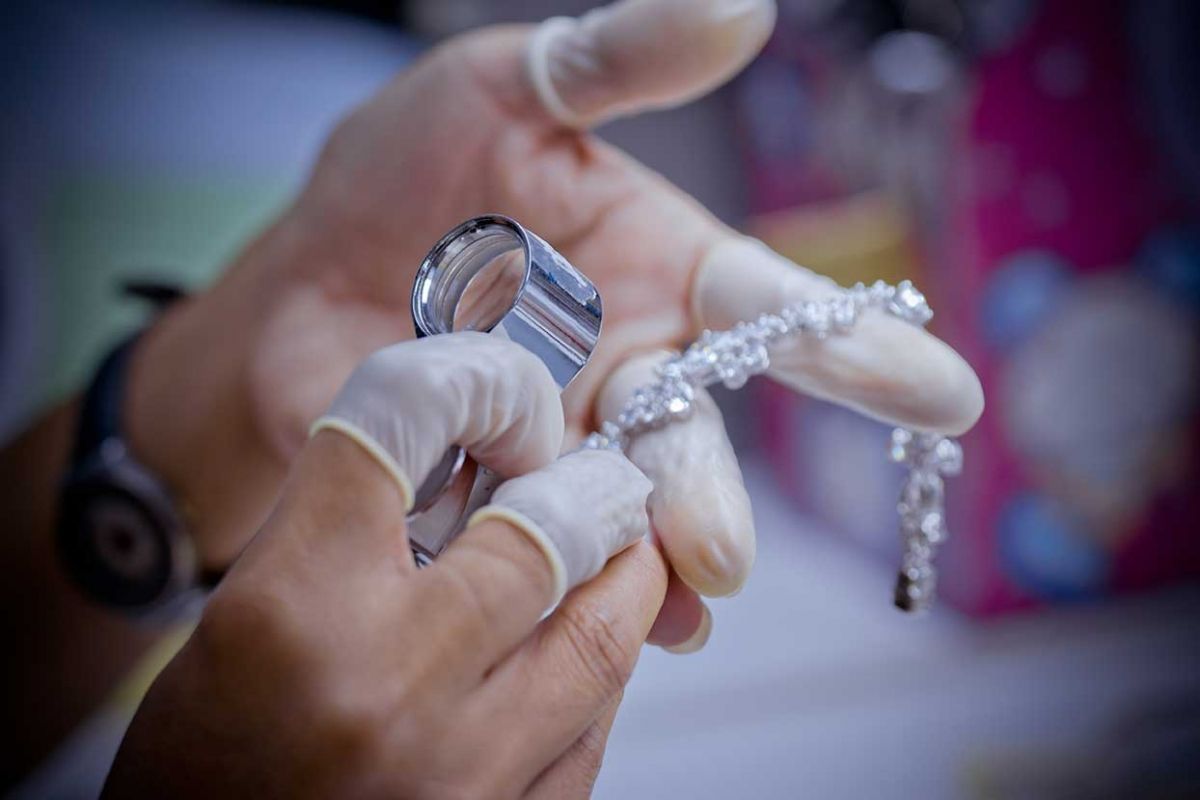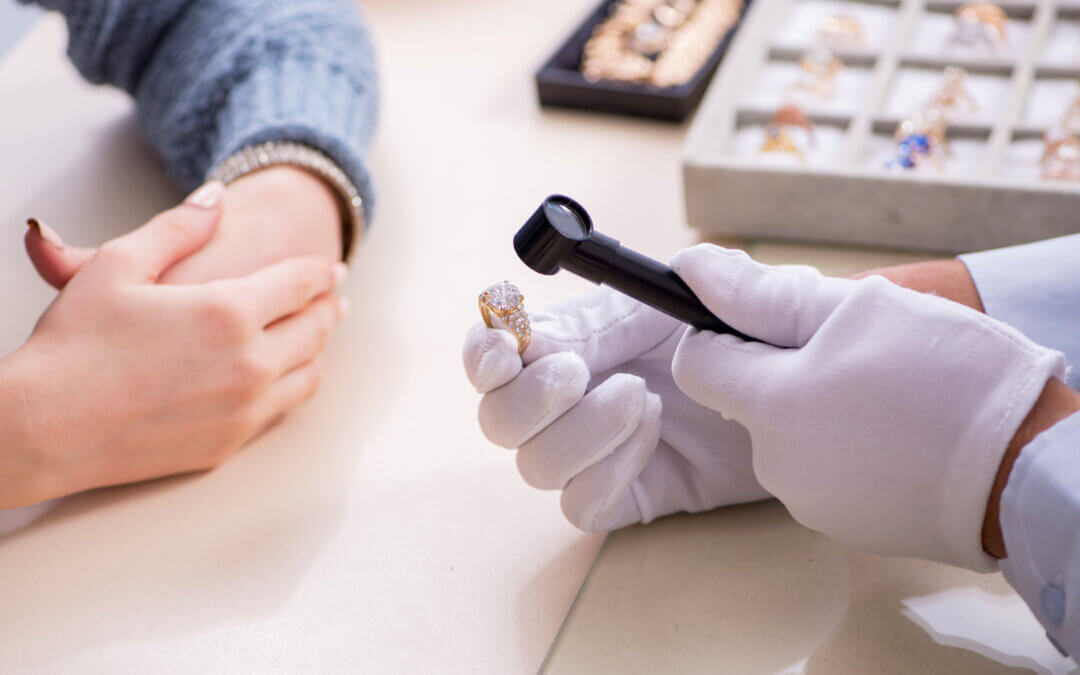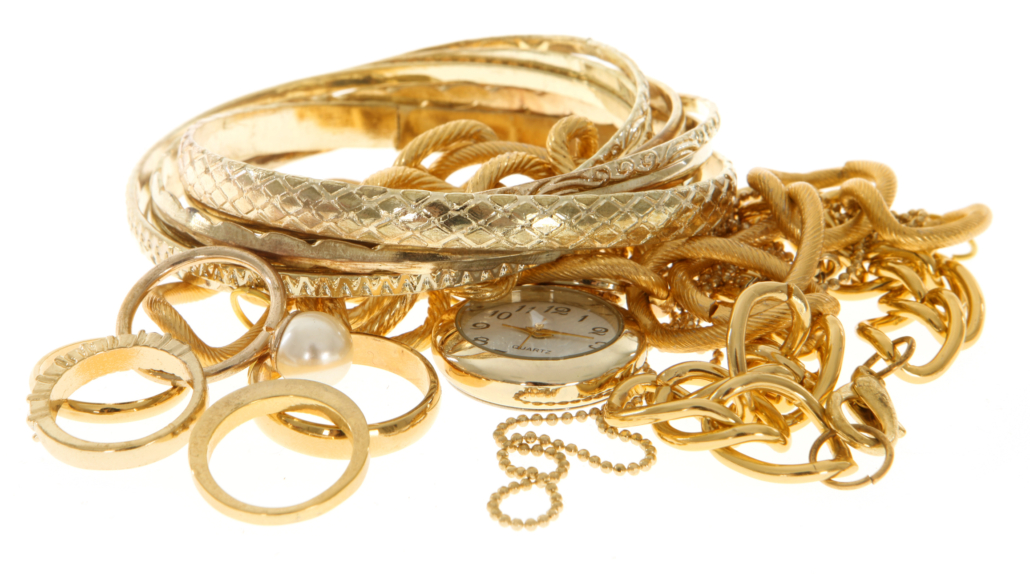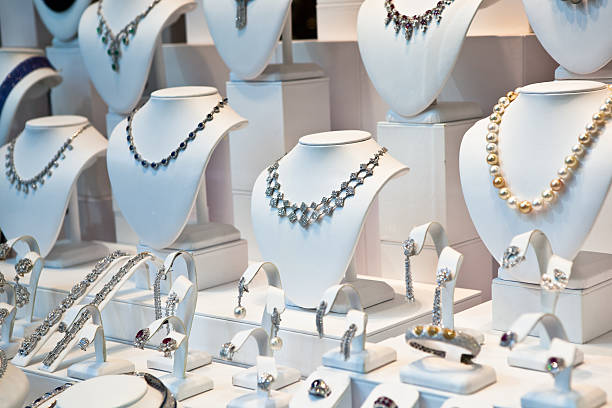Unlocking the Value of Your Jewelry: A Comprehensive Guide to Jewelry Valuation
Related Articles: Unlocking the Value of Your Jewelry: A Comprehensive Guide to Jewelry Valuation
Introduction
With great pleasure, we will explore the intriguing topic related to Unlocking the Value of Your Jewelry: A Comprehensive Guide to Jewelry Valuation. Let’s weave interesting information and offer fresh perspectives to the readers.
Table of Content
Unlocking the Value of Your Jewelry: A Comprehensive Guide to Jewelry Valuation

Owning jewelry often carries sentimental and financial value. Understanding the true worth of your pieces is crucial for various reasons, from insurance purposes to estate planning, or simply satisfying curiosity about their market value. This comprehensive guide will delve into the intricate world of jewelry valuation, exploring the factors influencing cost, the different types of valuation services available, and how to find a reputable appraiser near you.
Understanding the Basics of Jewelry Valuation
Jewelry valuation is a meticulous process that involves assessing the intrinsic and extrinsic value of a piece. Intrinsic value refers to the material composition of the jewelry, primarily the precious metals and gemstones used. Extrinsic value, on the other hand, encompasses factors like design, craftsmanship, historical significance, and market demand.
Key Factors Affecting Jewelry Valuation:
- Precious Metals: The purity and weight of the metals used, such as gold, silver, platinum, or palladium, are key determinants of value. The karat value (e.g., 14k, 18k) indicates the percentage of pure gold in the alloy.
- Gemstones: Gemstones are evaluated based on the Four Cs: carat, cut, clarity, and color. Each factor contributes significantly to the gemstone’s value.
- Design and Craftsmanship: The design and craftsmanship of the jewelry piece can greatly influence its value. Unique or intricate designs, intricate settings, and the use of specific techniques, like hand-engraving, can increase its desirability.
- Brand and Origin: Renowned jewelry houses or specific origins, like antique pieces from a particular region, can significantly impact the valuation.
- Condition: The condition of the jewelry plays a crucial role. Pieces in excellent condition, with minimal wear and tear, command higher prices than those showing signs of damage or significant wear.
- Market Demand: The current market demand for specific styles, gemstones, and metals can influence the valuation. Trends and popular styles often fluctuate, affecting the value of certain pieces.
Types of Jewelry Valuation Services:
- Insurance Valuation: This type of valuation is primarily for insurance purposes, providing an accurate estimate of the replacement cost of your jewelry in case of loss or damage.
- Estate Valuation: This valuation is typically used for inheritance purposes, determining the fair market value of jewelry for estate tax or probate proceedings.
- Appraisal for Sale: This valuation assists in determining the fair market value of jewelry for sale, providing a realistic price range for potential buyers.
- Appraisal for Donation: This valuation is required for charitable donations of jewelry, establishing the value for tax deduction purposes.
Finding a Reputable Jewelry Appraiser Near You:
Choosing a qualified and reputable appraiser is crucial for obtaining an accurate and reliable valuation. Here are some tips:
- Professional Affiliations: Look for appraisers affiliated with reputable organizations like the American Society of Appraisers (ASA), the Gemological Institute of America (GIA), or the American Gem Society (AGS).
- Expertise: Ensure the appraiser specializes in the type of jewelry you need to be valued. Some appraisers may have specific expertise in antique jewelry, diamonds, or colored gemstones.
- Experience: Consider the appraiser’s experience and track record. Look for individuals with extensive experience in the field and a history of accurate valuations.
- Credentials: Verify the appraiser’s credentials and certifications. Look for licenses, diplomas, or certifications from recognized institutions.
- References: Ask for references from previous clients to gain insights into the appraiser’s professionalism and reliability.
Factors Affecting the Cost of Jewelry Valuation:
The cost of a jewelry valuation can vary depending on several factors:
- Complexity of the Jewelry: The more intricate the design, the more time and expertise are required to evaluate it, potentially increasing the cost.
- Number of Items: Valuing multiple pieces of jewelry will naturally increase the cost compared to evaluating a single piece.
- Type of Valuation: Different valuation types, like insurance or estate valuation, might have varying costs depending on the specific requirements.
- Appraiser’s Expertise and Location: Appraisers with extensive experience and those located in high-cost areas may charge higher fees.
FAQs About Jewelry Valuation:
- Q: What is the difference between an appraisal and an evaluation?
- A: An appraisal is a formal document prepared by a qualified appraiser, providing a detailed assessment of the value of a piece of jewelry. An evaluation, on the other hand, is a less formal assessment, often conducted by a jeweler or pawnbroker, providing a general estimate of the value.
- Q: How often should I have my jewelry appraised?
- A: It’s recommended to have your jewelry appraised every 3-5 years, especially for insurance purposes, to account for fluctuations in market value and any potential changes in the condition of your jewelry.
- Q: Can I get a free jewelry valuation?
- A: While some jewelers might offer a free preliminary evaluation, a formal appraisal conducted by a qualified appraiser typically involves a fee.
- Q: What are the different types of jewelry valuation reports?
- A: Common types of reports include written appraisals, photographic appraisals, and verbal appraisals. The type of report required depends on the purpose of the valuation.
- Q: Is it necessary to have my jewelry appraised before selling it?
- A: While not mandatory, having your jewelry appraised can provide you with a realistic estimate of its market value, helping you negotiate a fair price with potential buyers.
Tips for Getting the Most Out of Your Jewelry Valuation:
- Prepare Your Jewelry: Clean your jewelry thoroughly before taking it to the appraiser. This ensures the appraiser can accurately assess its condition.
- Gather Relevant Information: If available, bring any documentation related to your jewelry, such as purchase receipts, certificates of authenticity, or previous appraisals.
- Communicate Your Needs: Clearly explain the purpose of the valuation to the appraiser, whether it’s for insurance, estate planning, or sale.
- Ask Questions: Don’t hesitate to ask the appraiser questions about the valuation process, the factors considered, and the final value estimate.
- Compare Multiple Appraisals: For important valuations, consider obtaining appraisals from multiple reputable appraisers to ensure you receive a fair and accurate assessment.
Conclusion:
Understanding the value of your jewelry is essential for various reasons, from ensuring adequate insurance coverage to making informed decisions about sale or inheritance. By understanding the key factors influencing valuation, choosing a reputable appraiser, and following the tips outlined above, you can obtain a reliable and accurate assessment of your jewelry’s worth. Remember that jewelry valuation is a specialized field requiring expertise and knowledge, and seeking professional assistance is crucial for achieving a comprehensive and accurate understanding of your jewelry’s value.


:max_bytes(150000):strip_icc()/how-to-tell-if-your-jewelry-is-valuable-in-three-steps-2043563-v3-HL-FINAL-5bfc1b2c46e0fb005178d37b.png)
+(1).png?format=1500w)



Closure
Thus, we hope this article has provided valuable insights into Unlocking the Value of Your Jewelry: A Comprehensive Guide to Jewelry Valuation. We appreciate your attention to our article. See you in our next article!
